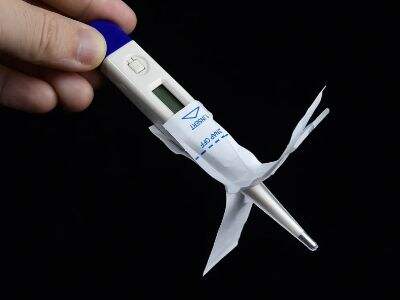End-of-life of digital clinical thermometers
Digital clinical thermometers are now indispensable medical equipment in medical institutions worldwide. They are small devices that provide a quick and accurate measurement of an individual's body temperature. But have you ever wondered how long do these thermometers last? Let’s get into the Digital Clinical Thermometers world and see how long they last.
Knowing how long the latest generation of medical devices lasts
Historically, traditional thermometers were composed of glass and mercury, which could pose a health threat if broken. But Digital Clinical Thermometers today are far safer and more reliable. Well-built of top-quality material is durable,enough for long term to use in Health Care. Hangzhou Huaan is a renowned digital clinical thermometer manufacturer, and their product professionals seek for longevity.
The durability of digital thermometers used in healthcare
How long should a digital clinical thermometer last? How long placed to be on?The shelf life of this product is how long it can last after being turned on. It can be affected by the frequency of use and after-sales maintenance. Healthcare workers take the temperature of multiple patients a day with Digital Clinical Thermometers, so this may decrease their longevity. But if kept clean and calibrated, these gadgets may serve for years on end.
Influences on service life of digital clinical thermometers
There are many things that can affect the accuracy and longevity of medical digital thermometers. One of the factors is how is the device being managed and stored. A thermometer can break or be inaccurate if it is dropped or roughly handled. These devices should be handled carefully and should be stored safely when not in use. Extreme temperatures can also affect the lifespan of digital thermometers. These devices should also be kept away from heat and direct sunlight since they can easily get damaged.
How to make the most of your digital thermometer
To prolong the life of your digital clinical thermometer, there are some simple bits of advice that should be kept to in the long run. Start by regularly cleaning/sanitizing your thermometer to help minimize the risk of germs and bacteria. Wipe off with a soft cloth and mild detergent after using. Also, change the batteries on your thermometer, if necessary, to get more reliable readings. Lastly, you should keep your thermometer out of direct sunlight and in a cool, dry place to prevent any kind of damage.








